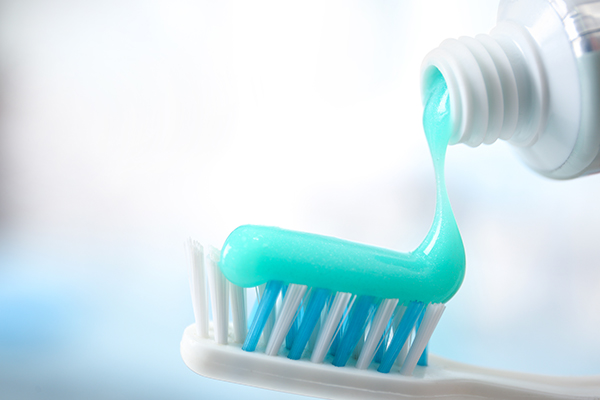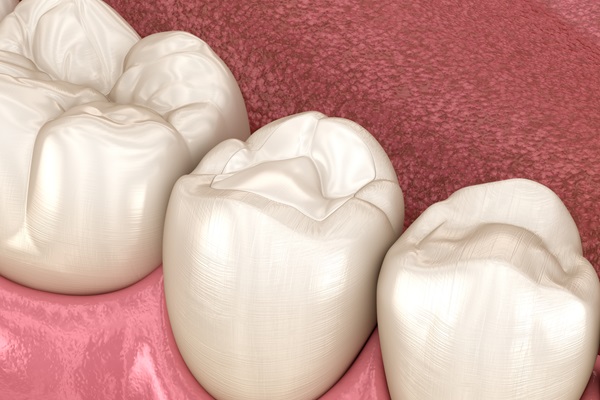Four Questions to Ask Your Dentist About Fluoride

If you have questions about fluoride treatment and how you can best utilize fluoride to keep your (or your child’s) teeth protected, then you can receive all of the answers you need by asking your dentist questions. This ensures you get specific information that can help you put together the best possible cavity prevention plan.
Ask your dentist these four questions about fluoride
Of course, it is reasonable to want to know what exactly you are putting into your body, even if professionals say that it is good for you. To learn more about fluoride and the benefits it offers, consider asking your dentist the following four questions about fluoride to protect against enamel erosion and keep teeth healthy.
What exactly is fluoride?
In simplest terms, fluoride is a mineral. It occurs naturally, and it can be used to strengthen the bonds of dental enamel and fight off acidic attacks that result from bacteria and particles from food and drinks (e.g., sugar). In other words, fluoride is the best friend of enamel, and it is a great way to keep teeth healthy long-term.
What are the benefits of fluoride treatment?
The most notable benefit of fluoride as it pertains to dental purposes is the ability to strengthen dental enamel. Ideally, this is used to protect teeth from developing cavities. However, if tooth enamel does start to weaken, then fluoride can quickly strengthen the enamel and prevent cavities that require more extensive treatment to properly address. Another benefit of fluoride is that it is easy to implement into a daily oral care routine in the form of fluoride-based toothpaste or mouth rinse. Many people even have fluoride in their drinking water.
How much fluoride do I need daily to protect my teeth?
According to the Environmental Protection Agency (EPA), daily fluoride use should range between 1.2 mg to 2.9 mg daily. This includes fluoride that is in drinking water. Of course, calculating the exact amount of fluoride that you use daily is a challenge, so be sure to discuss with a dentist what fluoride products (if any) you should use to get an adequate amount of fluoride to protect teeth enamel.
What else can I do besides fluoride to prevent tooth decay?
Fluoride is a useful way to help protect teeth, but it does not diminish the importance of a consistent brushing and flossing schedule. Also, it is important to limit the consumption of sugar and other carbohydrates, citrus fruits, and dark beverages (like coffee, tea, and soft drinks). Regular dental visits for a check-up and cleaning are also important for cavity prevention.
Get in touch with our team today for more fluoride information
We believe fluoride is a very useful way to protect teeth from decay, and we help our patients find the best way to implement fluoride daily to protect teeth. If you would like to learn more about fluoride, schedule a check-up visit, or need dental treatment of a different kind, then reach out to us today.
Request an appointment here: https://lincroftvillagedental.com or call Lincroft Village Dental Care at (732) 842-5005 for an appointment in our Lincroft office.
Check out what others are saying about our services on Yelp: Fluoride in Lincroft, NJ.
Recent Posts
General dentists are responsible for restoring and replacing teeth that are lost due to decay or accidents. Unfortunately, the teeth are prone to both, making it so that treatment is necessary. A common treatment used in general dentistry for tooth restoration and replacement is a dental bridge. Having a dental bridge placed can make life…
Like the primary care physician, the general dentist should be one of your most important sources for maintaining good health. This dental professional can spot troubling issues in your mouth but also provide ongoing maintenance. When you choose a dentist, you can take the entire family, regardless of the person’s age or the severity of…
Your general dentist can handle damaged teeth with prosthodontic options. Tooth damage can happen at any time. Your teeth can chip off, fracture, loosen, or dislodge. Your dentist will do everything possible to save your teeth. If you want to find out the available prosthodontic options for damaged teeth, here are the details.A general dentist…
A dental crown is one of the most common types of treatment in general dentistry. It is usually applied when a tooth has become damaged and requires extra support to maintain functionality. A dentist may recommend a crown if there is no other way to save the tooth. Before agreeing to the procedure, patients should…


